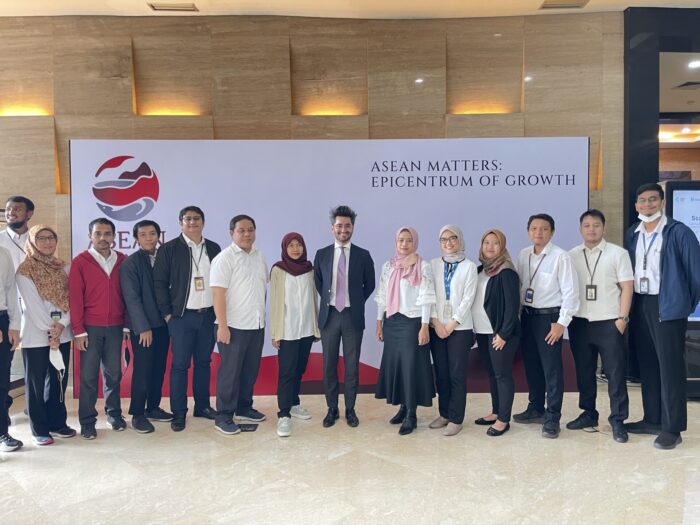Dr Leopoldo Parada
- Position
- Associate Professor in Tax Law, Co-Director of Centre for Business Law and Practice
- Areas of expertise
- International and European Tax Law
- L.Parada@leeds.ac.uk
- Faculty
- Faculty of Social Sciences
- School
- School of Law
- Faculty profile link
- https://essl.leeds.ac.uk/law/staff/1273/dr-leopoldo-parada
Can you tell us about your research, work and expertise in Southeast Asia?
My research focuses primarily on the international implications of base erosion and profits shifting, tax avoidance and corporate income taxation, the application of double tax conventions, and the tax implications of digitalisation in the economy. I am the author of several books, chapters of books, and several academic articles in recognised international tax law journals.
However, the impact of my academic work goes also beyond academia and interacts constantly with social developments in the area of taxation. An example of this is the 2019 official report of the US Congressional Research Service on “Digital Services Taxes (DSTs): Policy and Economic Analysis”, where my work on digital taxation has been cited extensively. Similarly, in 2021 my work on hybrid entities has been referred by the EU Advocate General in his opinion in the case Veronsaajien oikeudenvalvontayksikkö (Exonération des fonds d’investissement contractuels) /Case C-342/20. I have also actively participated for around two years with the International Consortium of Investigative Journalists (ICIJ) in important investigations related to tax avoidance, evasion, and fraud, including the so-called “Pandora Papers”, being included in the "TaxCOOP 35 Leaders of the Future in Taxation" list (2020) as one of the most promising tax policy experts worldwide.

In Southeast Asia, specifically in Indonesia, I have been working together with the Fiscal Policy Agency (BKF), the Directorate General of Taxes, and the Ministry of Finance of Indonesia, on the drafting and implementation of new tax legislation related to corporate group debt finance in Indonesia. Most notably, new tax legislation limits the deductibility of interest payments between related companies in the context of corporate groups and corporate taxation. My work consisted of providing specific tax policy advice to support the legislative process that was taking place in Indonesia, including active participation in the drafting of the new laws. The legislative work is now almost finished after the publication of the regulations on corporate group debt finance in December 2023. However, I will keep working with the persons in charge both at DGT and BKF to monitor the process once the new laws are implemented.
In 2022, I also joined the joint research and tax policy group: “G/20 Giants of Asia Voice out on Tax Incentives Design Post-BEPS”, which puts together scholars and other experts from China, Indonesia, India, and Singapore to develop tax policy work, and to participate in the international policy debate proposing an alternative voice from Asia in the global treatment of tax incentives.
